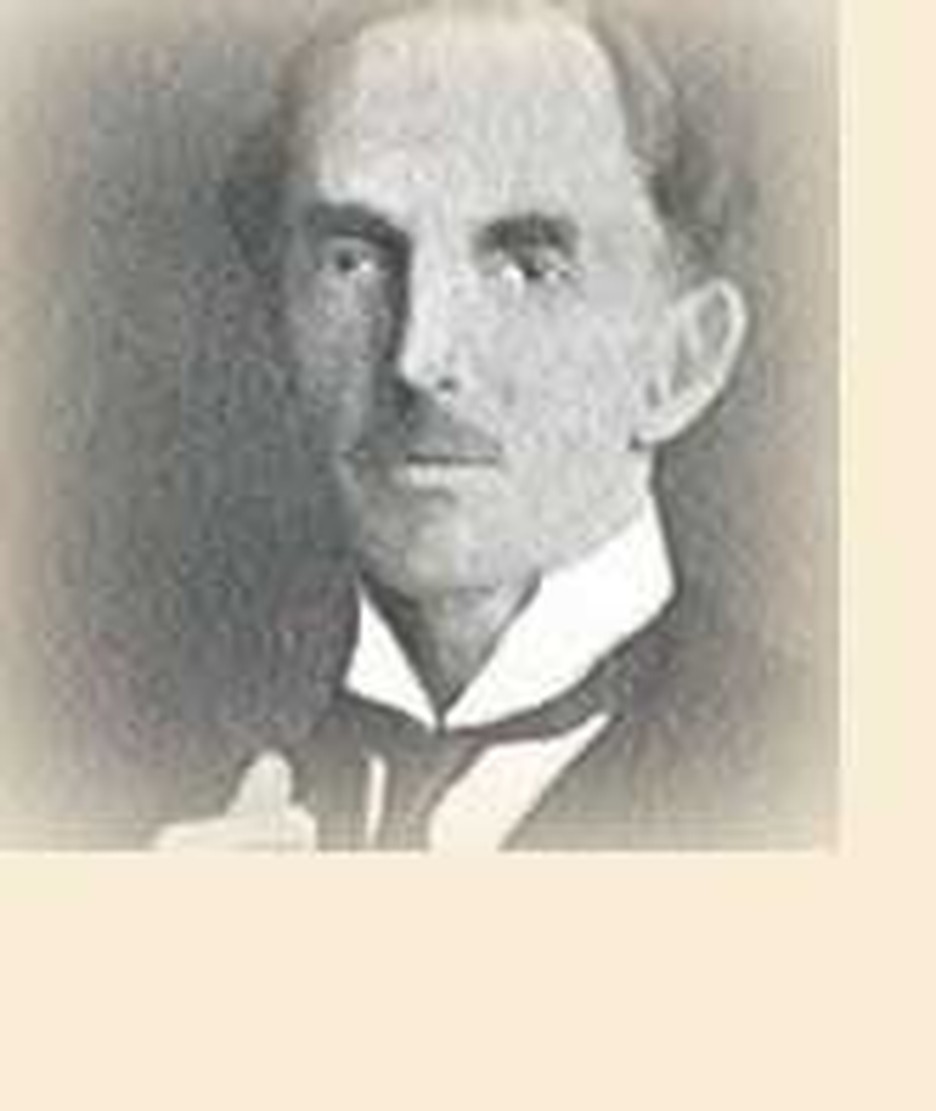
"Some wish to live within
the sound of Church or Chapel bell;
I want to run a Rescue Shop
within a yard of hell."
That saying was characteristic of C. T. Studd. In 1878, a visiting preacher asked the young man, a well-known cricket player, if he was a Christian. When Studd knelt and thanked God for salvation, peace and joy flooded his soul. Unfortunately, he did not share his faith with others. As a consequence, he became spiritually cold. For six years he lived a life which he described as "backslidden." The love of the world crept in.
In 1883, Studd went to hear Dwight L. Moody speak. His soul was stirred afresh. Immediately, he began to tell others about Christ. Studd would later say that he had tasted all the pleasures of the world, but none gave him so much pleasure as bringing his first soul to trust in Jesus.
Two years later, C. T. Studd sailed for China to join Hudson Taylor as a missionary. He dressed like a Chinese, ate Chinese food, and learned the Chinese language. While in China, he turned twenty-five. Under his father's will, that is when he would inherit a large sum of money. Reading the Bible and praying, he felt convinced he should give his fortune away to show the world that he relied not on money but on a living Lord. The Lord, he was sure, would bless him a hundred-fold in non-monetary ways and provide him sufficient money to live on. "If Jesus Christ be God and died for me, then no sacrifice can be too great for me to make for Him," he argued.
On this day, January 13, 1887, before he even knew the amount he was to inherit, he wrote several large checks for George Muller's orphan work and for missions. It turned out there was still some money left. Studd gave it away. He gave the final £3,400 to the woman he was about to marry as a wedding gift. But Priscilla Livingstone Stewart was as sure of God as her husband. She determined to "start clear" at her wedding and gave that sum away, too.
Naturally, they ran short of money often after that. Yet they found God faithfully supplied them. "Funds are low again, hallelujah! That means God trusts us and is willing to leave His reputation in our hands," said C. T. Studd on one such occasion.
The Studds served in China and India and toured in behalf of the Student Volunteer Movement. Leaving his invalid wife in England, C. T. sailed to Africa to open mission work in Sudan, the largest unreached area in the world. In spite of heart attacks, he worked there to the end of his life. Priscilla was able to rejoin him for only one year before she died. Studd became an autocrat who would brook no opposition.
C. T. Studd's answer to critics who said he went overboard in his zeal was simple. "How could I spend the best years of my life in living for the honors of this world, when thousands of souls are perishing every day?"
Bibliography:
- Grubb, Norman. C. T. Studd, Cricketeer and Pioneer. Fort Washington, PA: Christian Literature Crusade 1933.
- Pollock, J. C. The Cambridge Seven. London: InterVarsity Fellowship, 1956.
- "Report on the Cambridge Seven." Wholesome Words. https://www.wholesomewords.org/missions/mscambridge7.html
- "View of C. T. Studd." https://www.matthew548.com/Studd.html
- Various encyclopedia and internet sources.
Last updated May, 2007.



